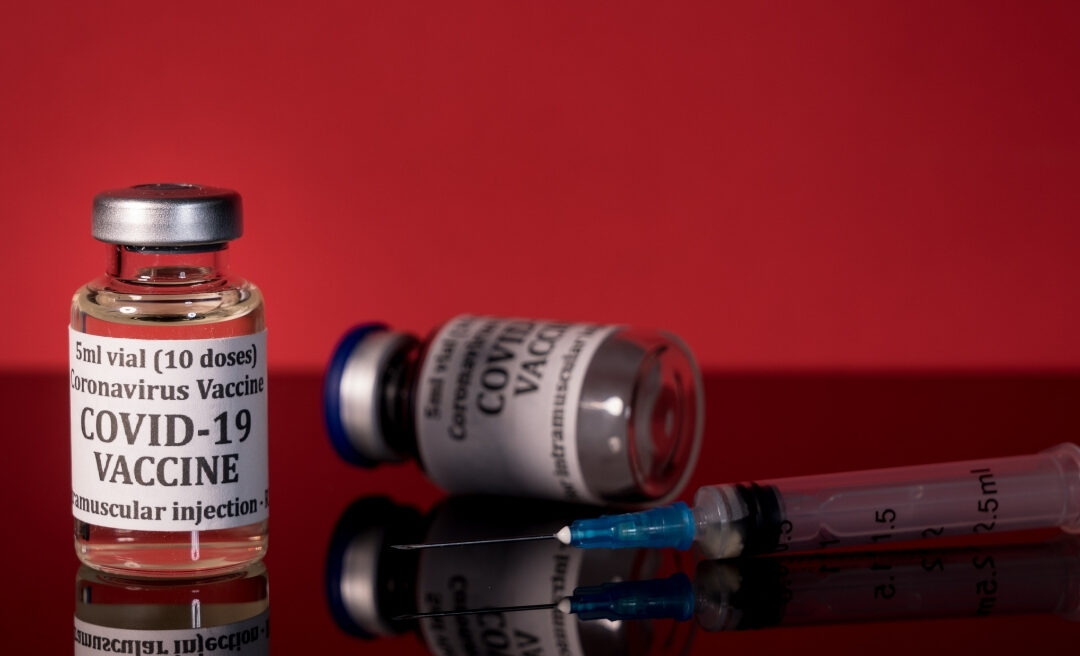As we move through 2024 and beyond, the need for COVID-19 vaccinations remains critical. While the pandemic’s acute phase has passed, ongoing vaccination efforts continue to play a vital role in public health, particularly in combating new variants and maintaining immunity. This guide will explore why COVID-19 vaccines are still necessary, how they function, and where you can access them locally.
The Science Behind COVID-19 Vaccinations
How COVID-19 Vaccines Work
COVID-19 vaccines work by training the immune system to recognise and combat the virus without causing the disease itself. Here’s a breakdown of how they function:
- Messenger RNA (mRNA) Vaccines: These vaccines, like Pfizer-BioNTech and Moderna, use mRNA to instruct cells to produce a protein similar to the spike protein found on the virus. This triggers an immune response, preparing the body to fight the actual virus.
- Viral Vector Vaccines: AstraZeneca’s vaccine uses a modified virus (not the coronavirus) to deliver genetic instructions for the spike protein, leading to an immune response.
- Protein Subunit Vaccines: These include harmless pieces of the virus (like the spike protein) that trigger an immune response without using the live virus.
The Role of Boosters in Prolonged Immunity
Boosters are additional doses of the vaccine given after the initial series to “boost” the immune system’s response. As the virus evolves, these boosters help:
- Maintain Immunity: They counteract the waning immunity that naturally occurs over time.
- Adapt to Variants: Boosters can be updated to target new variants, ensuring continued protection against emerging strains.
Why COVID-19 Vaccines Are Crucial
Reducing Severe Illness and Death
The primary goal of COVID-19 vaccines is to reduce the severity of the disease. Studies have shown that vaccinated individuals are significantly less likely to experience severe illness, hospitalisation, or death from COVID-19. This protection is particularly vital for:
- Elderly Populations: Those who are at higher risk of severe outcomes.
- Individuals with Underlying Conditions: Such as diabetes, heart disease, or respiratory conditions.
Preventing the Spread of the Virus
Vaccines not only protect the individual but also help reduce the transmission of the virus within the community:
- Herd Immunity: When a significant portion of the population is vaccinated, it limits the virus’s ability to spread, protecting those who are unvaccinated or immunocompromised.
- Breaking Chains of Transmission: Vaccinated individuals are less likely to spread the virus, particularly after receiving booster doses.
Addressing Common Questions About COVID-19 Vaccinations Today
Are COVID-19 Vaccines Still Necessary?
Yes, COVID-19 vaccines remain a key tool in preventing the resurgence of the virus. They help:
- Protect High-Risk Groups: Individuals who are immunocompromised or elderly benefit from continued vaccination.
- Support Public Health: Maintaining high vaccination rates prevents outbreaks and keeps community transmission low.
What About Natural Immunity?
While natural immunity from prior infection provides some protection, it may not be as robust or long-lasting as vaccine-induced immunity:
- Complementary Protection: Vaccination enhances and prolongs immunity, even in those who have recovered from COVID-19.
- Broader Coverage: Vaccines are designed to protect against multiple variants, offering broader protection than natural immunity alone.
Local Resources for COVID-19 Vaccinations
Where Can I Get Vaccinated in Longfield, Dartford, and Gravesend?
Residents in these areas have several convenient options for receiving COVID-19 vaccinations:
- Pharmacies: Local pharmacies like Hodgson Pharmacy continue to offer COVID-19 vaccinations. Booking an appointment is straightforward and ensures you receive the latest vaccine formulations.
- GP Clinics: Many GP surgeries in Dartford and Gravesend provide vaccinations as part of routine healthcare services. You can find your nearest GP here.
- Vaccination Centres: Larger vaccination centres offer walk-in appointments, especially during vaccination drives targeting booster shots.
How to Book Your COVID-19 Vaccine
Booking your vaccine remains simple:
- NHS Online Booking Service: Use the NHS booking system to schedule your vaccination.
- Phone Booking: Alternatively, call the NHS helpline for assistance with booking your vaccination appointment.
The Future of COVID-19 Vaccinations
What to Expect in the Coming Years
As we move forward, COVID-19 vaccinations will likely become a regular part of healthcare, much like the annual flu shot:
- Regular Updates: Expect vaccines to be updated periodically to address the most prevalent variants.
- Targeted Vaccination Campaigns: Public health campaigns will focus on ensuring vulnerable populations are up to date with their vaccinations.
The Importance of Global Vaccination Efforts
Even as local situations stabilise, global vaccination remains crucial:
- Preventing New Variants: High global vaccination coverage reduces the likelihood of new variants that could pose a threat to international public health.
- Ensuring Equity: Supporting global vaccination efforts helps protect everyone, as the virus knows no borders.
Understanding the Different Types of COVID-19 Vaccines Available
Comparing Vaccine Types and Their Effectiveness
Understanding the different types of COVID-19 vaccines can help you make informed decisions about your health:
- mRNA Vaccines: These are some of the most effective vaccines, with high efficacy rates in preventing severe disease.
- Viral Vector Vaccines: These vaccines are slightly less effective than mRNA vaccines but still provide robust protection against severe illness.
- Protein Subunit Vaccines: These vaccines are generally well-tolerated and effective, particularly in individuals who may have concerns about newer technologies like mRNA.
Which Vaccine Should I Choose?
While all vaccines approved in the UK are safe and effective, your choice may depend on:
- Availability: Some vaccines may be more readily available in your area.
- Personal Health Needs: Those with specific health conditions should consult their GP to determine the best vaccine option.
- Booster Considerations: As booster shots become a regular part of COVID-19 prevention, mRNA vaccines are often preferred due to their ability to be rapidly updated for new variants.
Why Ongoing Vaccination is Important?
Continued Protection Against New Variants
New variants of COVID-19 continue to emerge, and ongoing vaccination is crucial to keep them at bay:
- Vaccine Updates: Regular boosters tailored to the most common variants will ensure the population remains protected.
- Preventing Outbreaks: High vaccination coverage helps prevent new outbreaks, which could lead to stricter public health measures.
The Role of Herd Immunity in 2024 and Beyond
Herd immunity remains a critical goal in controlling the spread of COVID-19:
- Vaccine-Induced Immunity: The more people who are vaccinated, the closer we get to achieving herd immunity, reducing the likelihood of large-scale outbreaks.
- Protecting the Vulnerable: Herd immunity is especially important for protecting individuals who cannot be vaccinated, such as those with certain medical conditions.
Conclusion: Staying Informed and Prepared
COVID-19 vaccines continue to be an essential tool in maintaining public health, even as we move beyond the pandemic. For residents in Longfield, Dartford, and Gravesend, staying up to date with your vaccinations ensures ongoing protection against severe illness and helps prevent the emergence of new variants.
For personalised advice, vaccination services, and other health-related inquiries, visit Hodgson Pharmacy. Our dedicated team is here to support your health and well-being as we adapt to this new phase of COVID-19 management.


Recent Comments